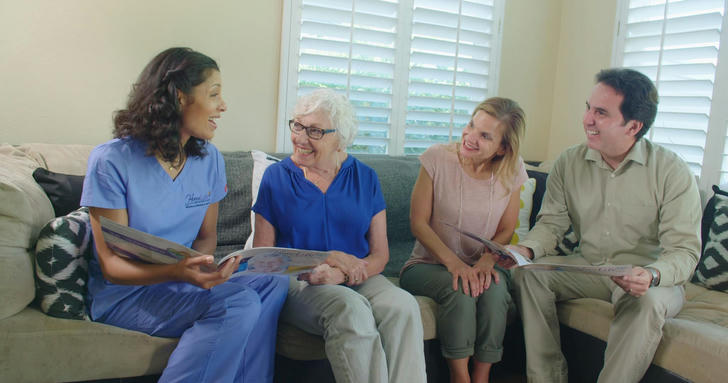Nighttime Elderly Caregiver: A Fulfilling Career Path
Caring for the elderly at night is a vital profession that ensures the well-being and comfort of aging individuals who need assistance with their nighttime routines. This role is particularly crucial for seniors with medical conditions, mobility issues, or cognitive impairments such as dementia. Becoming a nighttime elderly caregiver can be a deeply fulfilling and stable career choice, offering opportunities for both personal and professional growth.
What is a Nighttime Elderly Caregiver?

A nighttime elderly caregiver is responsible for assisting seniors during the night. Their duties include:
Helping with personal hygiene and bedtime routines
Administering medications as prescribed
Monitoring health conditions and responding to emergencies
Assisting with mobility and preventing falls
Providing companionship to reduce nighttime anxiety
Helping with toileting needs and incontinence care
Ensuring a safe and comfortable sleep environment
These professionals work in private homes, assisted living facilities, and nursing homes, offering essential support to ensure seniors’ safety and peace of mind.
The Benefits of Becoming a Nighttime Caregiver
If you are compassionate, patient, and looking for a meaningful job, working as a nighttime elderly caregiver can be an excellent career choice. Here are some reasons why:
1. High Demand and Job Security
The aging population is increasing, leading to a growing demand for caregivers.
Nursing homes, assisted living facilities, and home care agencies are constantly hiring.
The Bureau of Labor Statistics predicts a 25% job growth in personal care and home health aide jobs by 2030.
2. Flexible Work Schedules
Night shifts can be ideal for people who prefer working during the evening.
Options for full-time, part-time, and live-in positions.
Many caregivers choose nighttime shifts to accommodate family responsibilities during the day.
3. Emotionally Rewarding
Caregivers make a meaningful difference in the lives of elderly individuals.
Providing companionship and emotional support enhances both the caregiver’s and the senior’s quality of life.
4. Career Growth Opportunities
Experience as a caregiver can be a stepping stone to becoming a Certified Nursing Assistant (CNA), Licensed Practical Nurse (LPN), or Registered Nurse (RN).
Many organizations offer training programs and tuition reimbursement.
5. Competitive Salaries and Benefits
The average hourly wage for nighttime caregivers ranges from $15 to $25 per hour, depending on experience and location.
Many employers offer health benefits, bonuses, and retirement plans.
Required Skills and Qualifications
A successful nighttime elderly caregiver should have:
1. Compassion and Patience – Seniors often require emotional support and reassurance.
2. First Aid and CPR Training – Emergencies can occur, and quick response is crucial.
3. Basic Medical Knowledge – Understanding how to assist with medications and medical devices.
4. Communication Skills – Clear communication with both the elderly and their families.
5. Physical Stamina – Assisting with mobility and transfers can be physically demanding.
Where to Find Nighttime Elderly Caregiver Jobs
1. Home Care Agencies
Many seniors prefer receiving care at home.
Agencies hire caregivers for overnight shifts.
2. Assisted Living Facilities
Provide 24/7 care to elderly residents.
Offer stable, long-term employment opportunities.
3. Nursing Homes
Higher medical needs require skilled caregivers.
Often provide additional training.
4. Online Job Portals
- Websites like Care.com, Indeed, and ZipRecruiter list caregiver job openings.
Training and Certification Options
1. American Red Cross Caregiver Training
- Covers first aid, emergency response, and basic caregiving skills.
2. National Association for Home Care & Hospice (NAHC) Courses
- Provides certification for home health aides.
3. Online Caregiver Training Programs
- Flexible learning options from platforms like CareAcademy and MedCerts.
How to Apply for a Nighttime Caregiver Position
Get Proper Training – Enroll in a caregiving certification program.
Prepare a Resume – Highlight relevant experience and skills.
Apply Online – Use job boards to find caregiving positions.
Attend Interviews – Be prepared to discuss your caregiving philosophy.
Pass Background Checks – Most employers require a clean background record.

Conclusion: A Meaningful and Secure Career
Becoming a nighttime elderly caregiver is more than just a job; it’s a career filled with purpose and stability. If you have a passion for helping others, this field offers rewarding experiences, job security, and opportunities for professional growth. Start your journey today!
